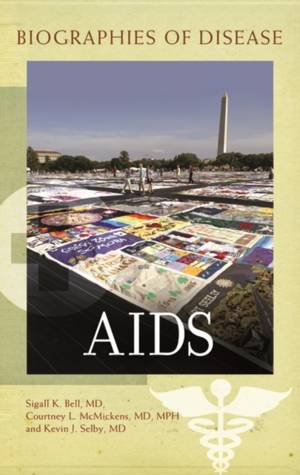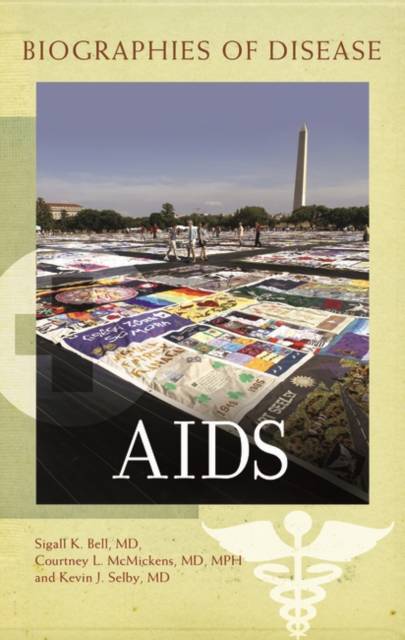
- Retrait gratuit dans votre magasin Club
- 7.000.000 titres dans notre catalogue
- Payer en toute sécurité
- Toujours un magasin près de chez vous
- Retrait gratuit dans votre magasin Club
- 7.000.0000 titres dans notre catalogue
- Payer en toute sécurité
- Toujours un magasin près de chez vous
Description
This comprehensive review examines the biological, medical, social, historical, and political aspects of HIV/AIDS.
In AIDS, three Harvard-educated physicians explore the evolution of the HIV epidemic, contextualizing the disease from historical, social, and medical perspectives. Addressing the last 25 years, the book examines basic biological principles, including what a virus is, how the human immune system works, and how HIV impairs these functions. It presents an in-depth discussion of the HIV life cycle, explores central issues pertaining to diagnosis and treatment, and sheds light on how the treatment was developed and implemented. The book also reviews global epidemiology of HIV/AIDS and principles of transmission, as well as what comprises an epidemic and the factors that determine whether an infectious outbreak will propagate or die out. Finally, it looks at where HIV came from; early reactions to the disease and the social stigma it engendered; the cultural impact of HIV-positive role models; and the global economic, population, and political effects of this illness.Spécifications
Parties prenantes
- Editeur:
Contenu
- Nombre de pages :
- 176
- Langue:
- Anglais
- Collection :
Caractéristiques
- EAN:
- 9780313376825
- Date de parution :
- 18-05-11
- Format:
- Livre relié
- Format numérique:
- Genaaid
- Dimensions :
- 161 mm x 240 mm
- Poids :
- 403 g

Les avis
Nous publions uniquement les avis qui respectent les conditions requises. Consultez nos conditions pour les avis.





